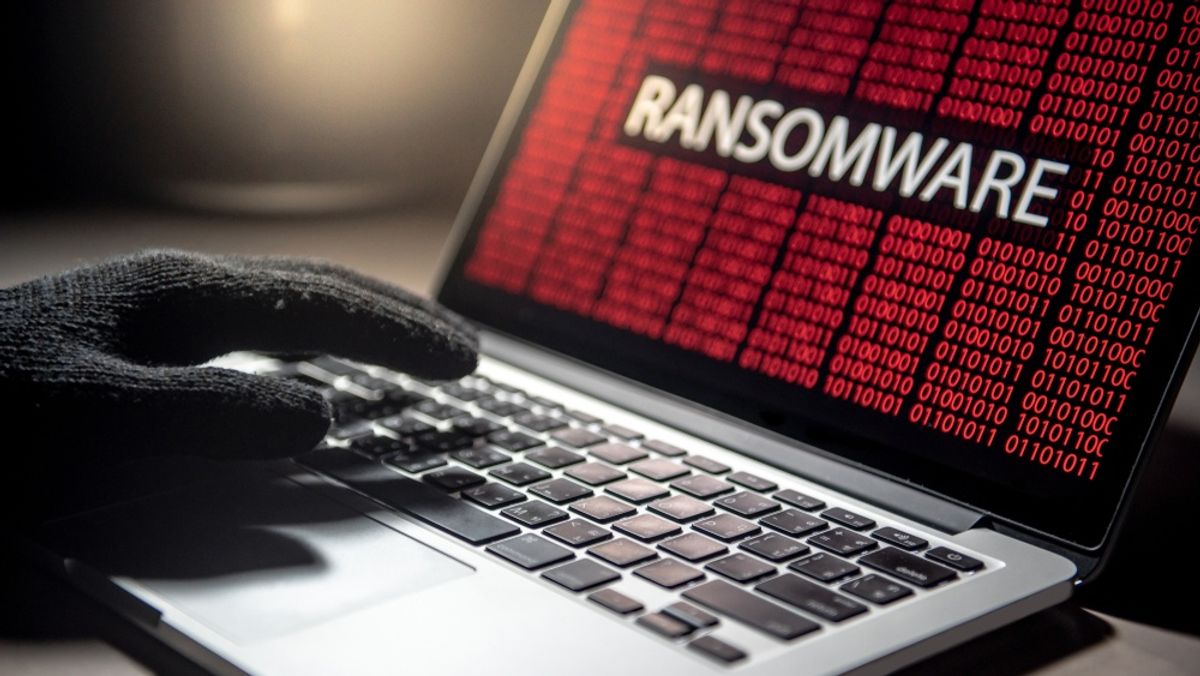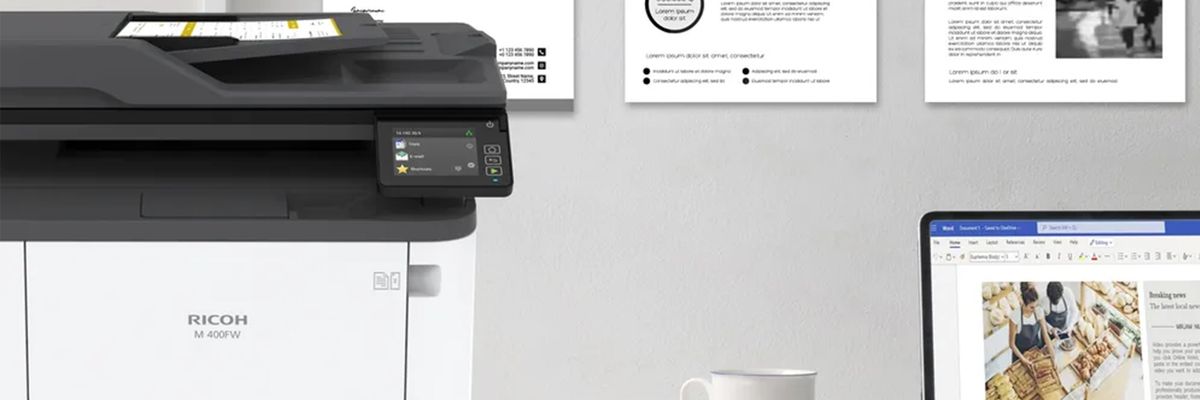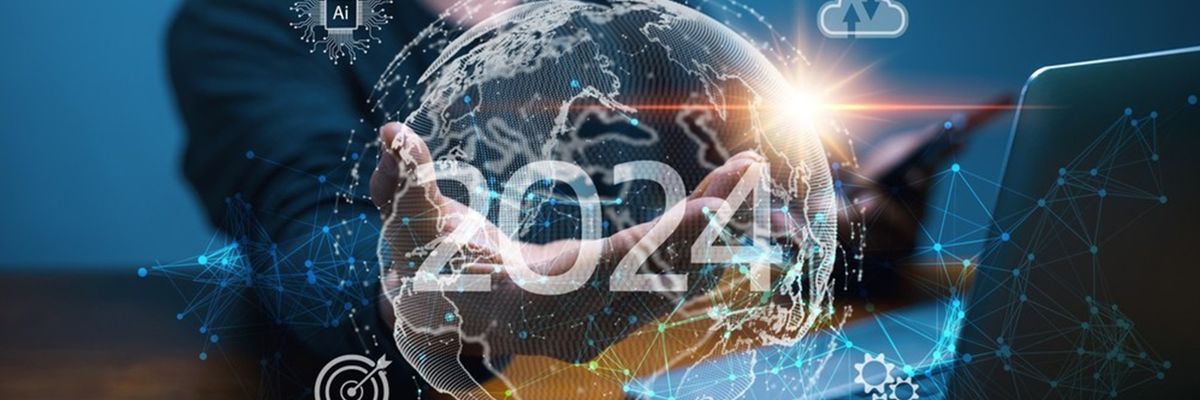
5 Tips for Better Information Security Governance
In 2024, Latin America continues to face a significant number of cyberattacks, with alarming figures highlighting the region's vulnerability. A recent report indicates that in 2023, there were 137 billion cyberattack attempts recorded in Latin America. Among the most common attacks are ransomware, viruses, trojans, and phishing, with Mexico, Brazil, and Colombia being the most affected countries.
Additionally, the region experiences approximately 1,600 attacks per second, a figure that illustrates the magnitude of the problem. Cyberattacks have become more sophisticated and varied, including the use of "ransomware as a service" (RaaS), where developers sell ransomware to third parties on the dark web. This situation is exacerbated by the lack of robust cybersecurity infrastructure and secure management of confidential information.
With an ever-increasing amount of sensitive information due to the growing number of mobile devices in businesses, the different formats, and the value of data, there is no question that organizations must do everything possible to protect sensitive information.
Earning your customers' trust by securely managing their private information is essential.
Your customers place a lot of trust in you to protect their personal and private information. Securing their information throughout the document lifecycle doesn’t have to be a chore; there are many document management systems and digital workflow systems that will protect data from initial contact to data destruction.
Five best practices to realize the benefits of information security governance:
- Define information access based on user credentials
Access to business information is best managed through role-based authentication of individuals or groups. It is usually possible to set permissions at the document or folder level, as well as by application, device, or function, such as copying, scanning, and printing. With the right authentication process in place, such as passwords or ID card validation, you can effectively ensure that the right people have access to the information.
- Extend security policies to every corner of the enterprise network
Protecting the core of your infrastructure must be accompanied by adequate defenses at the periphery, which is where business information often enters and leaves an organization. Therefore, it is critical that this is not left unmanaged. Remote monitoring and reporting tools can help consistently manage diverse and distributed devices across the global enterprise.
- Encrypt business data on devices
It’s not uncommon to overlook connected devices, such as mobiles and tablets, and access to open WiFi connections where there are very real threats to security. When someone accesses an open or public WiFi network, data such as user IDs and passwords are stored. It’s important to have secure encryption as a standard to ensure there is no risk that this data can be hacked. In the interconnected world we live in, there are many areas of the business that need protection, including scan-to-email functionality, PDF password encryption, and any data stored on the device's hard drive.
- Monitor security across the entire document lifecycle
A security policy that protects business-critical information must cover its input (when it enters a company), movement throughout the business, output (when the information leaves a company), and storage, including secure scheduled destruction. Administrators in organizations need to be able to oversee the entire document lifecycle and should be able to track and record all activities at each of these stages. Make sure there is an audit trail that includes traceable information that contributes to compliance reporting and alerts you to potential information security threats.
- Secure destruction of information on the device
Did you know that printers, scanners, and multifunction devices (MFPs) retain information in their internal memory of all the information they process? As a business, you need the ability to overwrite stored business information so that it is unrecoverable.
Learn how we can support you in your cybersecurity and information governance strategy here: https://www.ricoh-americalatina.com/en/products/ricoh-cybersecurity














